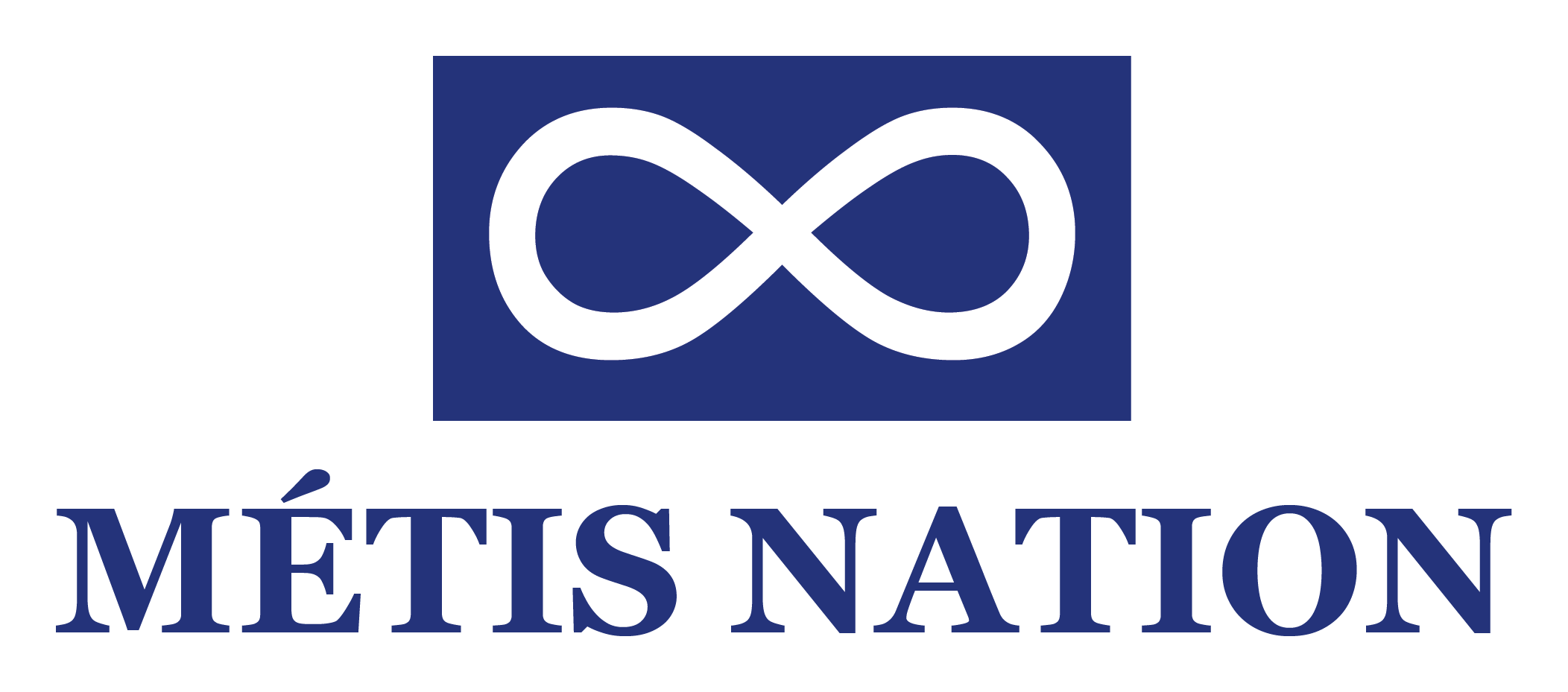![]()
Read about
Métis Knowledge and climate change
The Métis are a distinct Indigenous people who have deep connections with the land, rivers, and lakes across the northern plains – now the area of western Canada – where the Métis Nation began to flourish in the 19th century. Beginning with their involvement in the fur trade and buffalo economy, the Métis Nation has long-term cultural and environmental knowledge regarding the changes taking place across their homeland.
For Kyle Vermette – a Métis citizen from Saskatchewan – he believes that “Indigenous peoples have an ancient knowledge and ancient understanding of how the world works.” Vermette suggests that values of environmental protection and conservation are core to Indigenous peoples: “I think it’s part of our DNA.” He explains how Métis knowledge weaves a nuanced and place-based understanding of the land and its people, “we live in a particular area and that’s what we’re stewards of.”
Video
Métis Knowledge and Climate Change
The unique and rich knowledge of Métis people is linked to their history, homeland, and holistic experience and understanding of the environment. With intergenerational insights regarding resilience and adaptability, Métis people are sharing these teachings and thereby contributing meaningful solutions and hope in a warming world.
Video
First Métis community-owned solar project in Canada
Renewables, culture, and community pride
The Métis village of Green Lake may seem small, but they have big ambitions. The community started a solar energy project and installed 96 solar panels on their community hall. As Mayor Ric Richardson describes, Métis people have “used the sun for generations,” so the opportunity for renewable energy development was warmly welcomed by community members. Through this Métis leadership, Green Lake generates cheaper and more reliable power, which creates connection to the land, educational opportunities for the community, and is a source of both clean energy and cultural pride.
Video
Métis Wildland Firefighters
Connecting with Traditional Land Stewardship
Working in a sea of trees within a tidal wave of energy -- known as a wildfire -- wildland firefighters have one of the most dangerous and important jobs on the planet. Protecting both the land and people’s property comes naturally to Métis wildland firefighters, connecting them deeply with the land and ecosystems, across the Canadian Prairies.
Video
Climate, Fishing, and the Métis of St. Laurent
Like many Métis communities, hunting, trapping, and fishing are a way of life for the people of St. Laurent. But with climate change making winters shorter and ice less reliable, their season for ice fishing is shrinking, disrupting their land use and livelihoods. These Métis experiences demonstrate that both climate and culture are changing along the shores of Lake Manitoba.
Video
The Elders of the Forest
A Métis Dendroclimatologist's Perspective
One of the best ways to understand long-term climate change is to look at historical changes in the environment. According to Dr. Colin Laroque, trees are storytellers, the “Elders of the forest,” and if we listen carefully to them, we can hear their teachings about what they have seen and experienced. Taking us on this journey, back in time, using the science of “dendroclimatology” -- or tree ring analysis -- Laroque shares his unique perspective as a Métis scholar, and shares his knowledge of climate change through his ongoing research and conversations with trees.
Video
Métis Perspective on Climate and Conservation
Métis people have a deep connection to the ecosystems within their homeland that endures. With climate change, the Métis are seeing impacts on animals, medicines, water, and extreme events that affect the health and wellness of communities. Conserving and sustaining species and territories in an era of climate change is a responsibility that is critically important to Métis citizens. From renewable projects and land-based education to Indigenous Protected and Conserved Areas (IPCAs), Métis are leading the way on climate action.
SPECIAL REPORT
Métis Nation Climate Change and Health Vulnerability Assessment
Across Western Canada, the Métis people depend on the land for their identity, culture, and livelihoods, and this study explores how climate change is ultimately affecting the health of the Métis Nation. By assessing risk using Métis knowledge, this report charts a clear path for Métis climate resilience into the future.
Download the report (PDF, 11MB)
Video
The Eyes and Ears of the Environment
The Manitoba Métis Federation's Water Quality Program
With “boots on the ground” along the Seine River that flows through Winnipeg, the Manitoba Métis Federation’s water quality program supports Métis citizen scientists to conduct research and monitoring related to climate change and pollution. As the “eyes and ears of the environment,” Métis citizens are collecting data, documenting change, and spreading the word around the importance of preparing for the future.
Maps
Indigenous Climate Change Maps
New Indigenous map layers provide climate data for 634 First Nations and 53 Inuit communities from coast to coast to coast, as well as climate projects across the Métis homeland.
Look for the Indigenous icon on the left of the map to visualize these data and resources.
![]()

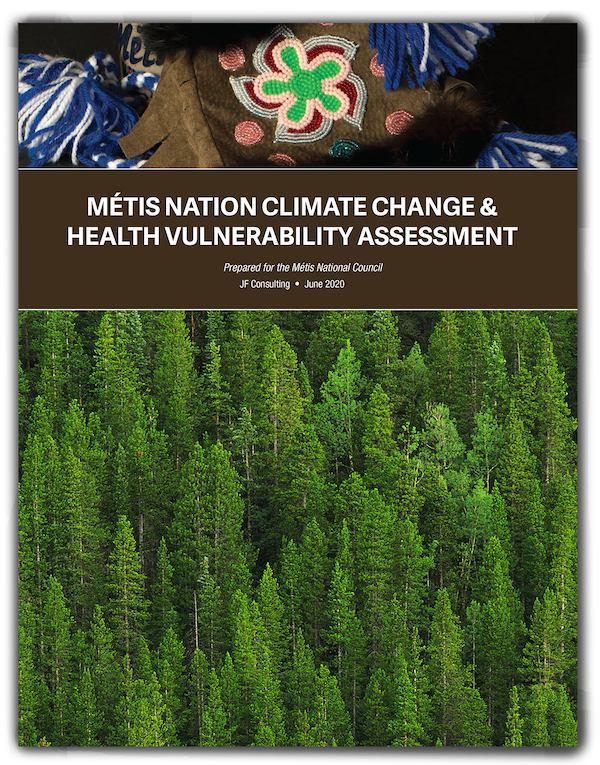
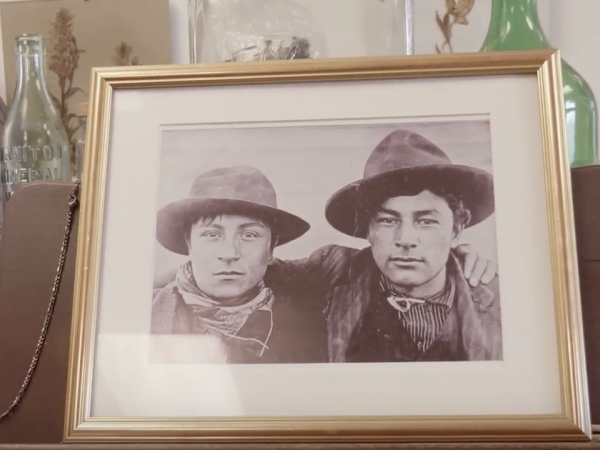
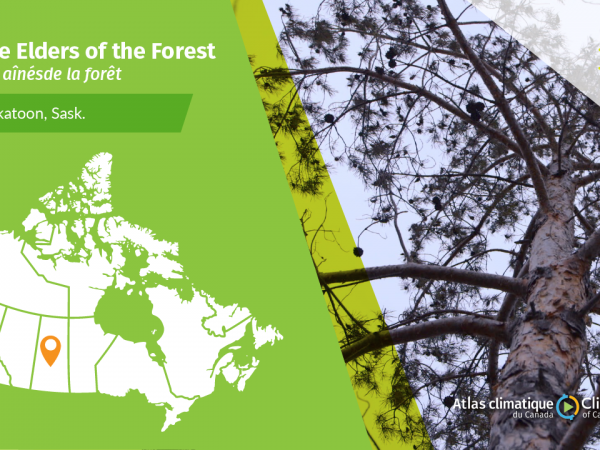
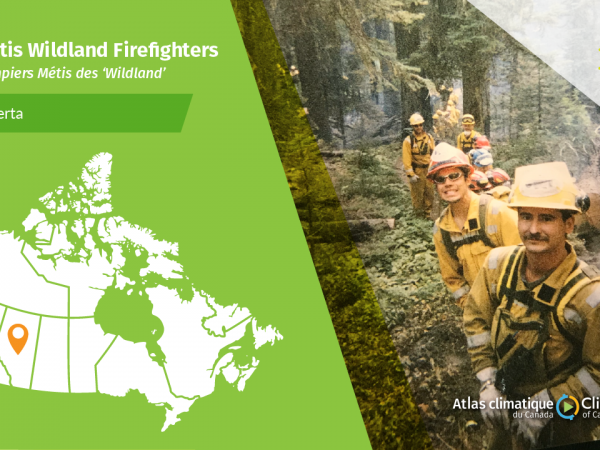
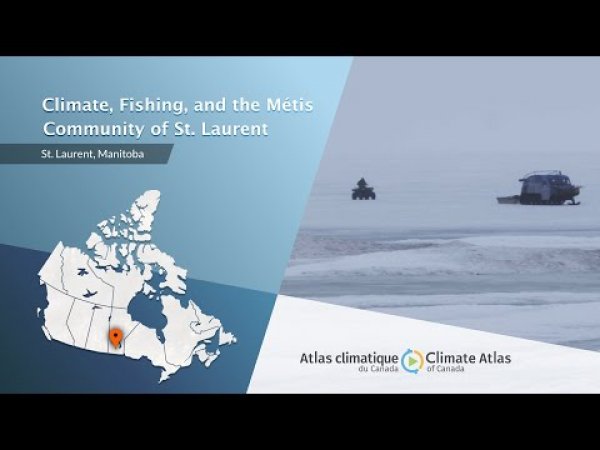
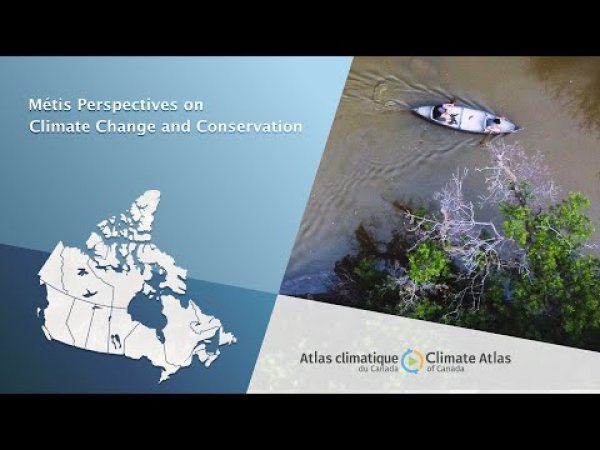
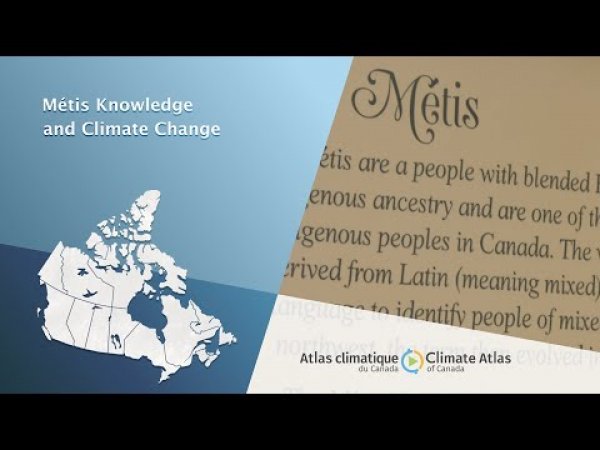

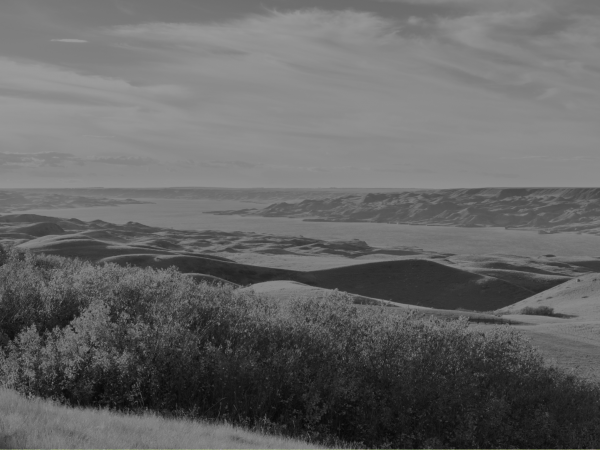








.png)
